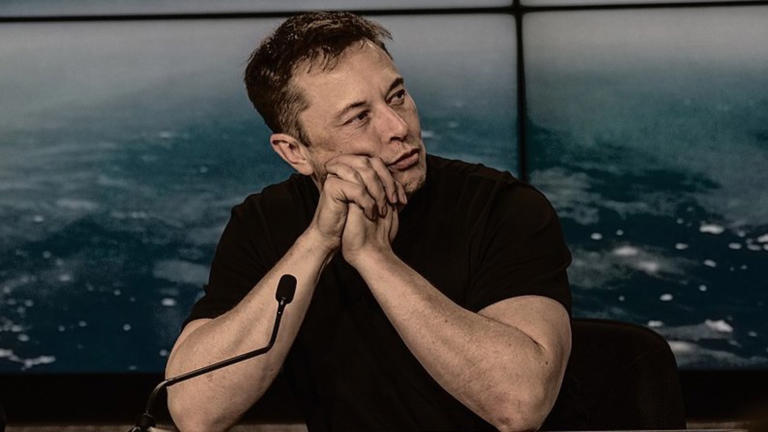Elon Musk, the visionary behind companies like xAI and Tesla, has sounded a warning about the impending scarcity of electricity and transformers due to the rapid advancements in artificial intelligence (AI). Musk, whose ventures heavily rely on both electricity and computing power, foresees a shortage in these vital resources by 2025.
According to Musk, the exponential growth in artificial intelligence compute is unprecedented, with computing power doubling approximately every six months. While acknowledging the unsustainable nature of such growth rates in the long term, Musk emphasizes the unprecedented scale of demand driving what he describes as a “chip rush,” surpassing even historical gold rushes in magnitude.
As the CEO of Tesla, a leading electric car manufacturer, Musk is acutely aware of the surging demand for electricity. With Tesla having sold millions of electric vehicles, Musk predicts that the simultaneous growth of electric cars and AI will exacerbate the strain on global electricity infrastructure. This surge in demand, he suggests, will soon outstrip the available supply, leading to shortages in electricity and transformers needed to power both electric vehicles and AI-driven operations.
Musk’s observations highlight the interconnectedness of technological advancements and their impact on global infrastructure. As the world races towards a future driven by AI and clean energy, Musk’s warnings serve as a reminder of the challenges that lie ahead in ensuring sustainable and reliable access to essential resources like electricity.
A chip supply chokehold
The global semiconductor shortage, commonly known as the chip shortage, has indeed emerged as a significant challenge impacting various industries worldwide. Sectors such as automotive, consumer electronics, telecommunications, and more have felt the effects of this shortage.
The onset of the COVID-19 pandemic exacerbated the situation by disrupting supply chains and fueling increased demand for electronics. With remote work and online activities becoming the norm, the need for electronic devices surged, further straining semiconductor supplies.
Furthermore, the rise of artificial intelligence (AI) technology has contributed to the heightened demand for semiconductors. AI applications require substantial computing power, driving up the need for specialized chips tailored for neural networks and machine learning algorithms.
As a result of the semiconductor shortage, companies have encountered production delays, rising prices for electronic devices, and challenges in meeting consumer demand. This shortage has highlighted the interconnectedness of global supply chains and the vulnerability of industries reliant on semiconductor components.
Elon Musk, recognizing the predictability of constraints on AI compute, has shed light on the next potential bottleneck: voltage step-down transformers. These transformers play a crucial role in delivering power to AI systems by converting high-voltage utility outputs to the lower voltages required by computing devices.
In essence, the semiconductor shortage underscores the complex interplay between technological advancements, global supply chains, and evolving consumer demands. Addressing these challenges will necessitate collaborative efforts across industries to ensure the resilience and stability of semiconductor supply chains in the future.
Musk on AI: ‘Biggest tech revolution’
Elon Musk’s stance on artificial intelligence (AI) has been one of cautious skepticism, and he established xAI as a response to concerns about big tech giants consolidating too much power and adhering too strictly to political correctness.
In a recent development, Musk filed a lawsuit against OpenAI, alleging that the company, under the leadership of Sam Altman, has breached its original operational structure of operating as a non-profit, open-access entity.
Reflecting on the rapid advancements in technology, Musk emphasized the significance of the current era, dubbing it potentially the biggest technology revolution in history. Despite initial concerns and bouts of depression over the potential consequences of AI dominance, Musk expressed a resolve to witness and confront the challenges ahead.
As Musk predicts the scarcity of voltage step-down transformers, vital for powering AI systems, he humorously highlights the irony of needing transformers to run AI systems, likening it to a recursive loop where transformers power other transformers. This observation underscores the intricate dependencies within the AI ecosystem.
To accommodate the growing demands of the AI revolution, efforts are underway to expand data center capacity. Notably, Blackstone is investing in the construction of a massive $25 billion group of data centers in Arizona, aiming to meet the escalating demand for computing power.
Overall, Musk’s insights shed light on the complexities and challenges inherent in the AI revolution, prompting concerted efforts to address infrastructure needs and navigate the evolving technological landscape.
